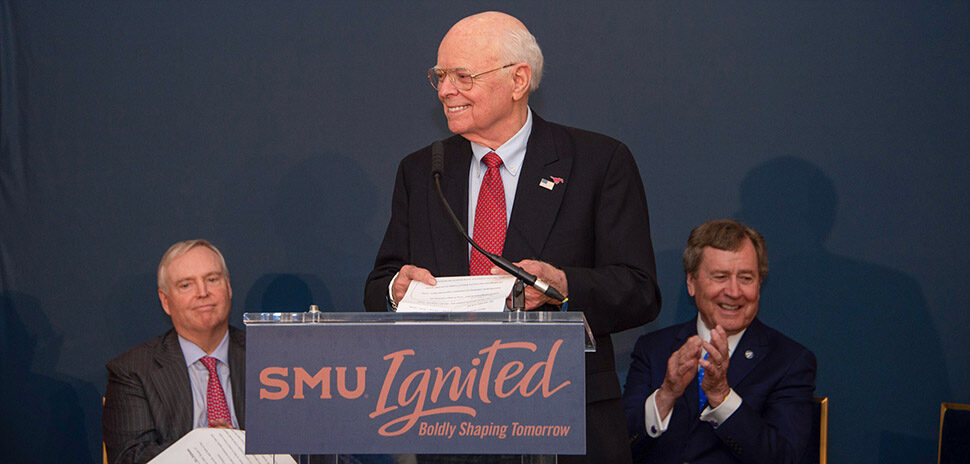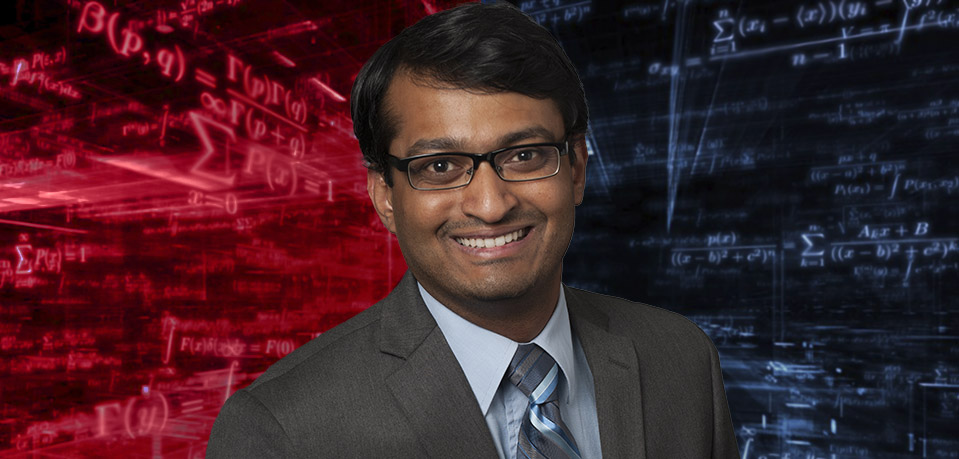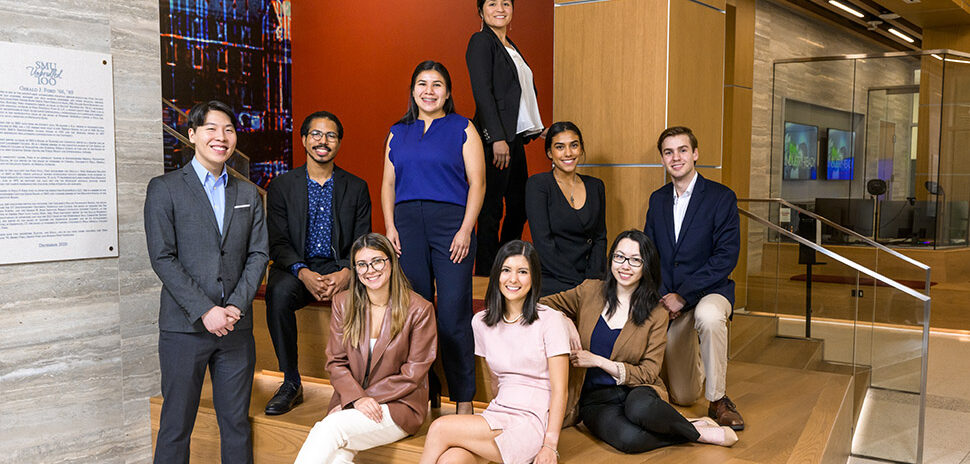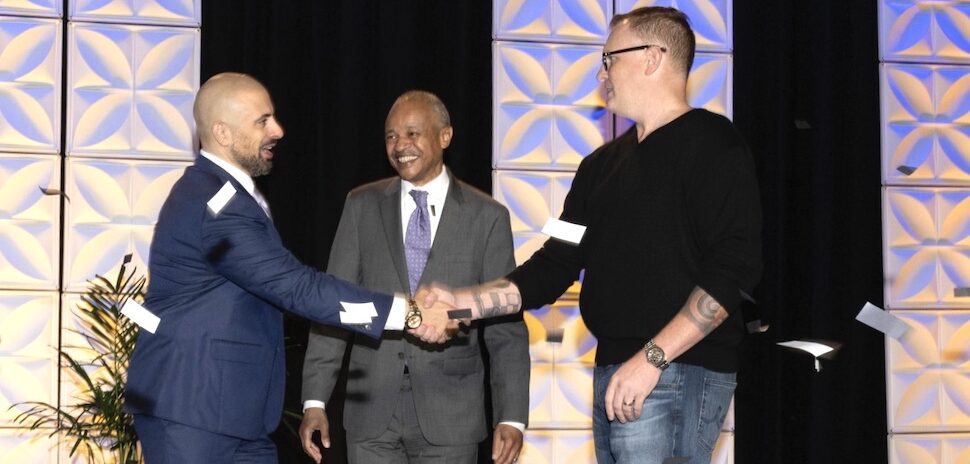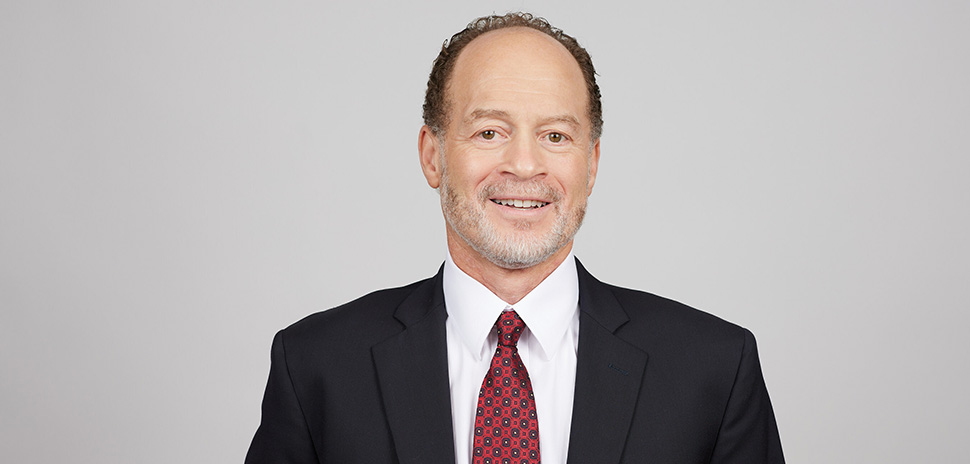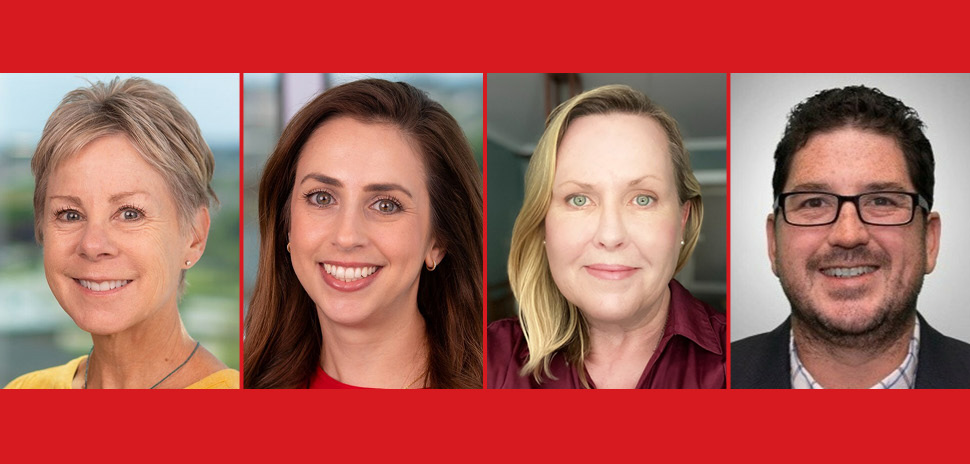Some of the top chemists from around the world are convening in Dallas today through Monday at Southern Methodist University for the 28th Austin Symposium on Molecular Structure and Dynamics at Dallas.
SMU said the conference attracted more than 122 chemists from 14 countries. The conference theme of the symposium is “Spectroscopy Meets Theory.”
“The idea is to have a smaller crowd than what you would find at a major conference, where there are 10,000 people, so people can just mingle and talk,” Elfi Kraka, organizer of the conference, said in a statement.
Kraka is chair of the Chemistry Department at SMU and head of the university’s Computational and Theoretical Chemistry (CATCO) Group.
“Too often, there is an instrument at one university that could help another chemist’s research, but they don’t know about it. Or there’s a computer program that could answer a question that an experimentalist is desperately trying to figure out, but they’re not aware of that,” Kraka said.
The Austin symposia occur every two or three years and they bring together top chemistry experts who specialize in different areas – structural, theoretical, spectroscopy, reaction dynamics and computational chemistry.
By providing participants the opportunity to discuss their work with each other, the conference’s goal is to potentially spark new ideas for research and build interdisciplinary collaborations.
That happened, for example, in 1984 when structural chemist Robert Curl and spectroscopic chemist Sir Harold Kroto met at the conference and learned they had similar interests.
SMU said the pair, along with Richard Smalley, eventually won a Nobel Prize for discovering a previously unknown pure carbon molecule they called buckminsterfullerene and other fullerenes, which led to new research in nanotechnology, material science, and other fields.
SMU said that it recently invested $11.5 million to boost its high-performance computing system, making SMU an ideal place to host the conference.

Get on the list.
Dallas Innovates, every day.
Sign up to keep your eye on what’s new and next in Dallas-Fort Worth, every day.
R E A D N E X T
-
William Spears, founder and CEO of Dallas-based sustainability solutions firm Cenergistic, has given SMU the largest donation from a non-alum in its more than century-long history. The gift will be used to set up the William S. Spears Institute for Entrepreneurial Leadership within the Cox School of Business, as well as the Spears Accelerator, to help get student- and faculty-formed businesses off the ground, and other entrepreneur-supporting efforts.
-
SMU has announced two new appointments to its ranks. Robin Poston and Jason P. Nance will serve as the Dean of the Moody School of Graduate and Advanced Studies and Dedman School of Law, respectively. Jason P. Nance, an education policy and law scholar who studies inequalities in public education, will join SMU’s Dedman School of Law as the Judge James Noel Dean in August. He comes to SMU from the University of Florida Levin College of Law, where he is associate dean for research and faculty development and a professor of law. “The Dedman School of Law aspires both…
-
SMU researchers aim to help address problems in the broad area of computational mathematics for sustainability—such as the management of the energy grid under intermittent renewable power. The research is aimed at developing new algorithms for materials design, bioengineering, and power grid applications. Researchers will use SMU's high-performance computing system—enhanced with an NVIDIA DGX SuperPODTM—as well as the supercomputing resources at Argonne National Laboratory.
-
Through a new collaboration that combines training with hand-on experience, Dallas-based AT&T aims to create a pipeline for SMU students to become its next employees through the new Data Science Scholars Program. One of its goals is creating more opportunities for women and underrepresented students. “Data science is a team sport,” said Mark Austin, AT&T’s VP for data science. who will help give the students challenges that are "bread-and-butter" to AT&T's own data science group.
-
Collectively, the 100 privately held companies contributed $9 billion to the Dallas-Fort Worth economy from 2019 to 2021—creating over 12,000 jobs with average sales growth of 141%. Irving-based ShiftKey, which connects healthcare professionals with healthcare facilities that have immediate shift vacancies, took the top spot in the annual rankings. Here's the complete list.
![]()










